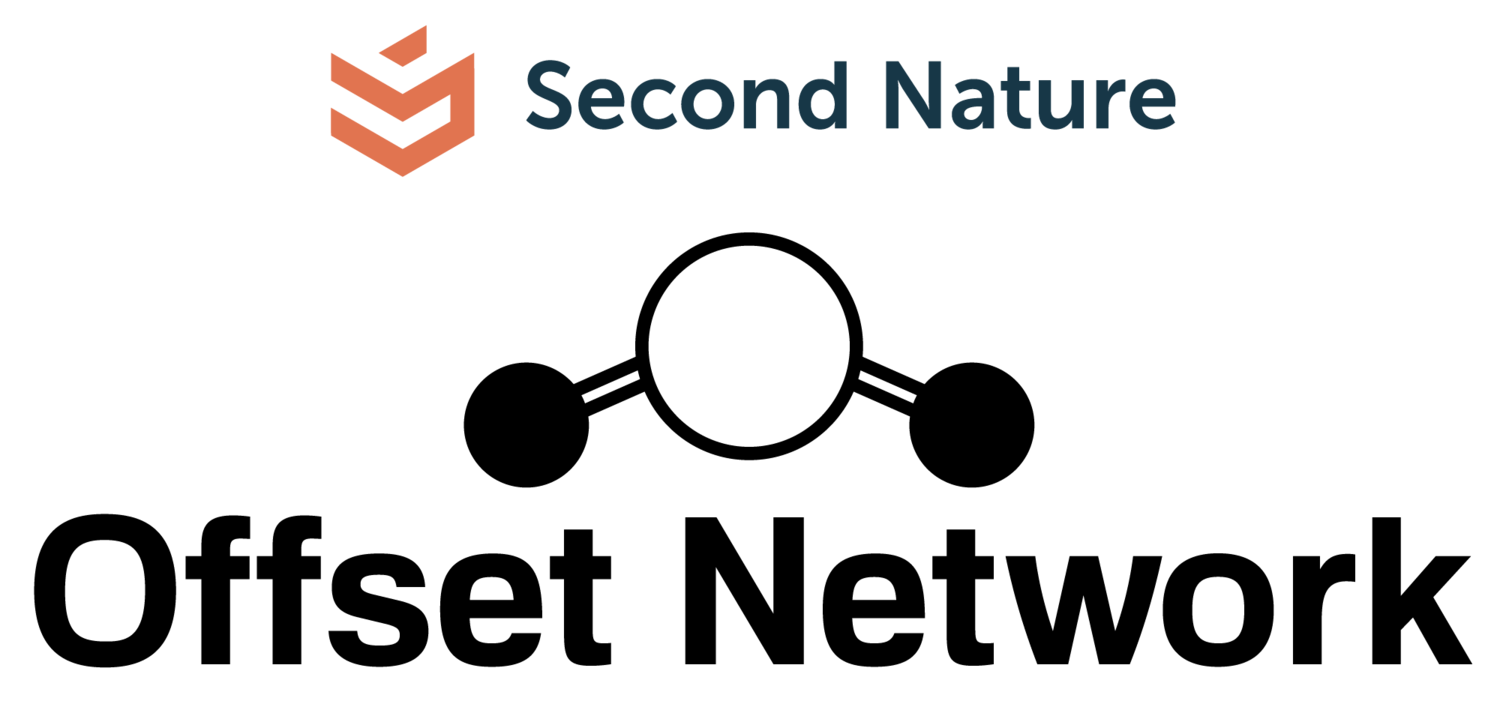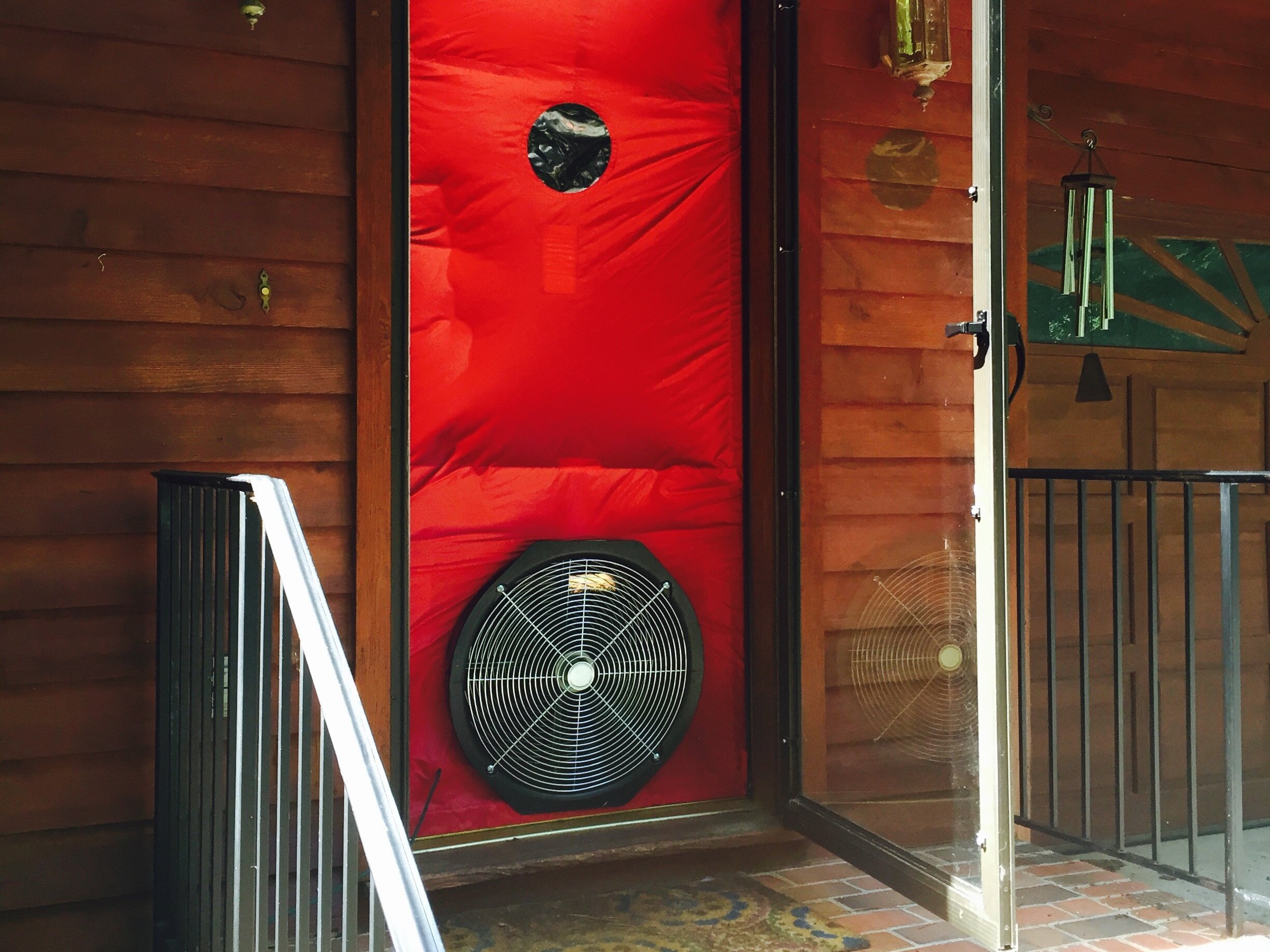DCOI HOME ENERGY AFFORDABILITY LOAN (DCOI-HEAL)
Project Description & Co-benefits
The DCOI-HEAL program was developed in collaboration with UNC’s Environmental Finance Center, Resispeak, and Duke Energy, with the goal of increasing the energy efficiency of Duke employees’ homes. This program was designed to help homeowners identify relatively inexpensive and simple solutions to reduce energy use in the home by removing barriers to residential energy efficiency.
These barriers include:
Lack of knowledge about the benefits of energy efficiency,
Lack of trust in contractors often used in retrofits,
Lack of capital to cover the upfront costs of retrofits,
Lack of time to complete retrofitting, and
Lack of motivation to invest resources into energy efficiency.
To accomplish this goal and remove these barriers, the following program timeline was established:
Recruitment - a web-based application is sent to employees who are then selected based on their potential benefit from their program
Information Session - Selected participants attend information sessions to learn about the benefits of completing this program, and the details on how the program works. Participants also sign up for their home energy assessment and Resispeak, an energy use data aggregator, at this time.
Home Energy Assessment - Participants receive a free BPI-certified home energy assessment, that includes assessment of appliances and HVAC efficiency, a blower door test to check for air leaks, and visual inspection of insulation levels.
Personal Energy Plan Presentation - Results and recommendations from the home energy assessment are summarized into a Personal Energy Plan to help guide the participant in future improvement work.
Home Energy Retrofits - The participant selects which retrofit recommendations, if any, he or she would like to complete, and schedules with a contractor to complete the work.
Retrofit Test Out - After the work is completed, third party organization Advanced Energy examines the work to ensure the highest quality
Measurement and Reporting - Energy use data collected from each participant is monitored and used by the DCOI to determine energy savings over time after the retrofits, relative to pre-retrofit energy usage.
The DCOI estimates offsets generated from this project by comparing energy savings after energy efficiency retrofitting to pre-program baseline data. Baseline data is created by collecting the monthly amount of energy consumed by each participant’s home during at least 1 year prior to project implementation. Energy data is collected through and analyzed using Resispeak, an energy use data aggregator web application developed in North Carolina.
Student Involvement
Students may be involved in the planning and implementation of educational sessions, and less complex retrofitting procedures. Students may also have the opportunity to participate in information sessions so that they may also take advantage of the knowledge shared and increase the energy efficiency of their own dwelling.
Students and staff observe a home energy audit
Blower door test
Project Organizer
Matthew Arsenault, Program Manager, Duke Carbon Offsets Initiative
matthew.arsenault@duke.edu, 919-613-7466
Currently inactive (2012-2016), but a new energy conservation and energy efficiency educational program is in development.
Project Status
The Duke Carbon Offsets Initiative (DCOI) in collaboration with UNC’s Environmental Finance Center, Resispeak, and Duke Energy.
Offset Registry or Program
Duke Carbon Offsets Initiative Residential Energy Efficiency Protocol
This protocol is modeled after the Approved Verified Carbon Standard Methodology “VM0008 – Weatherization of Single Family and Multi-Family Buildings” (“VCS-Weatherization”)
PROTOCOL APPLIED
$124
Cost Per Offsets ($ Per MTCO2E)
Approximately 1.5 mtCO2e per house per year over 10 years.





